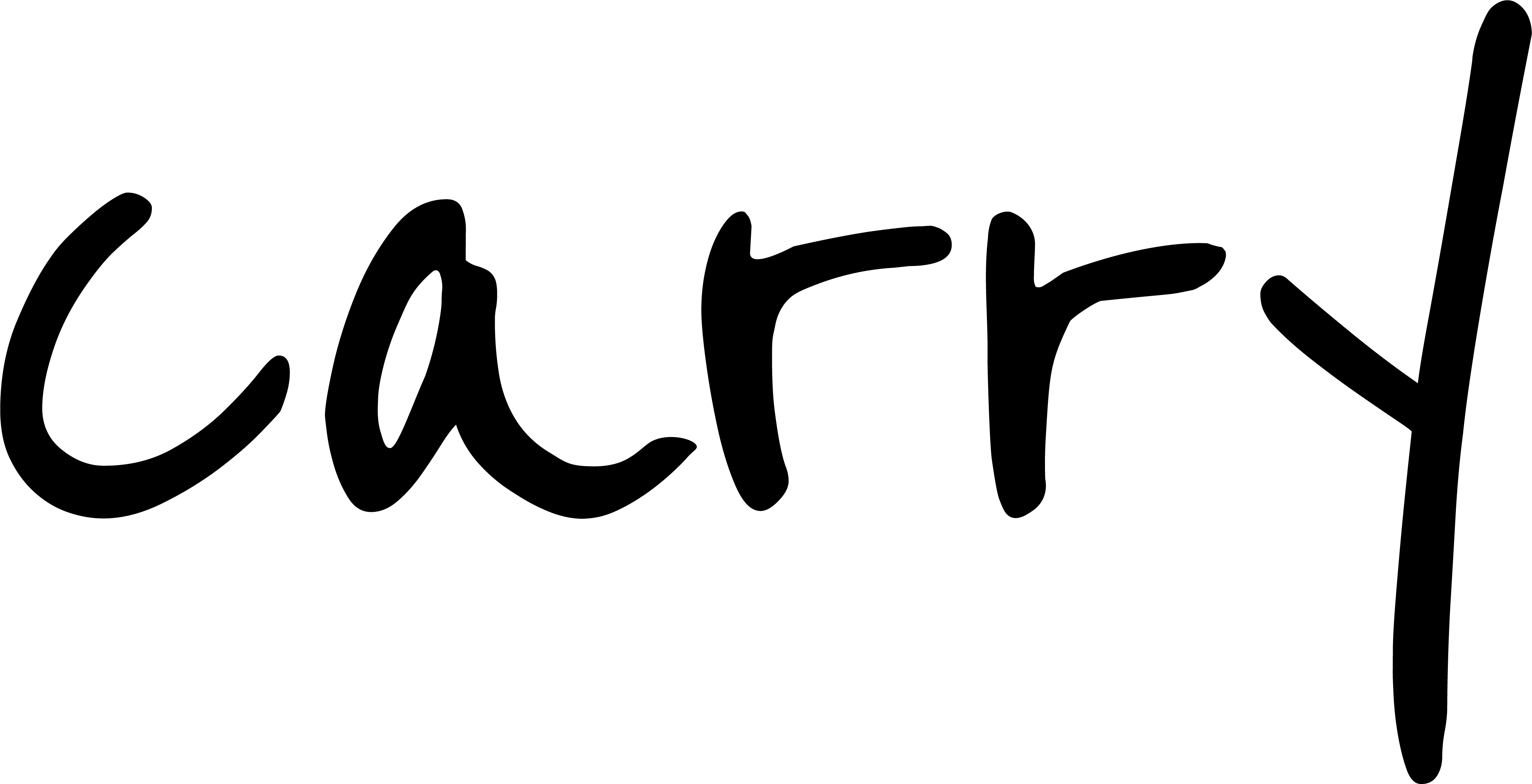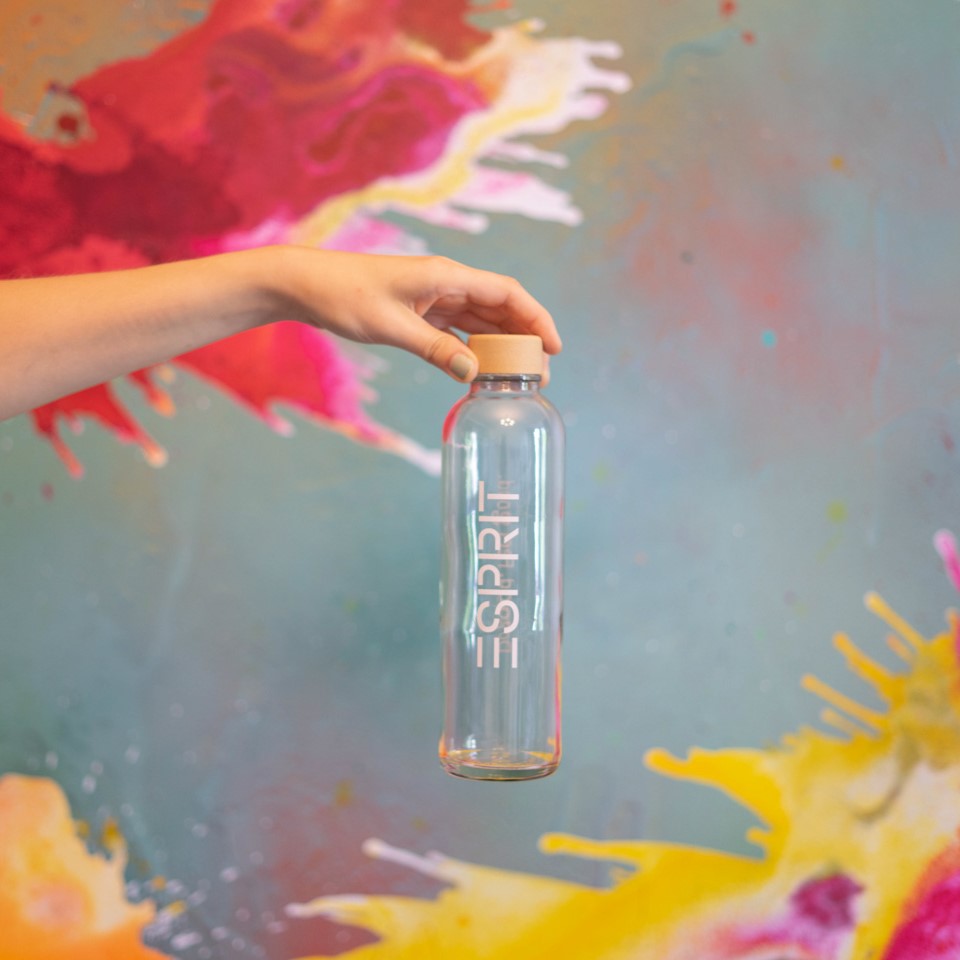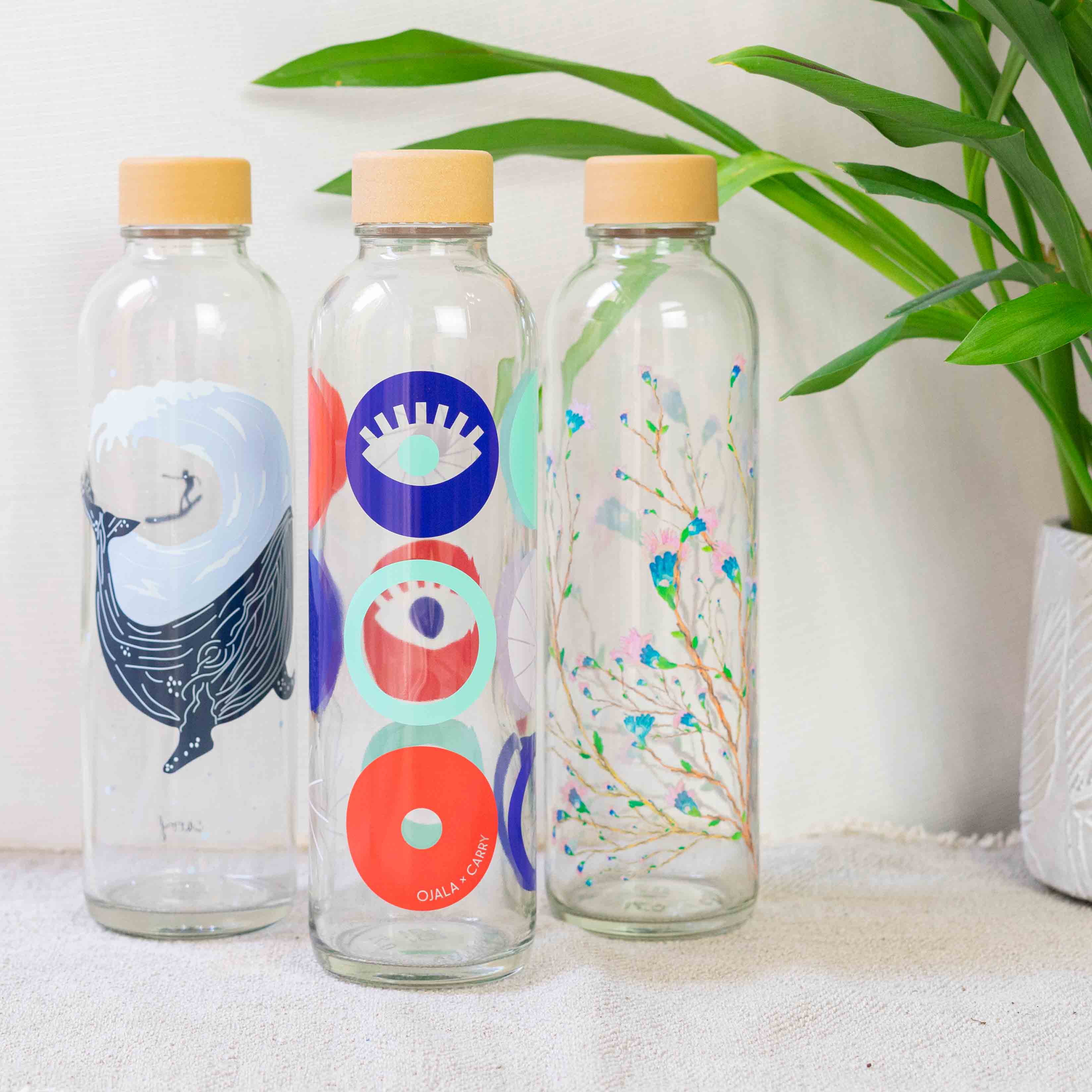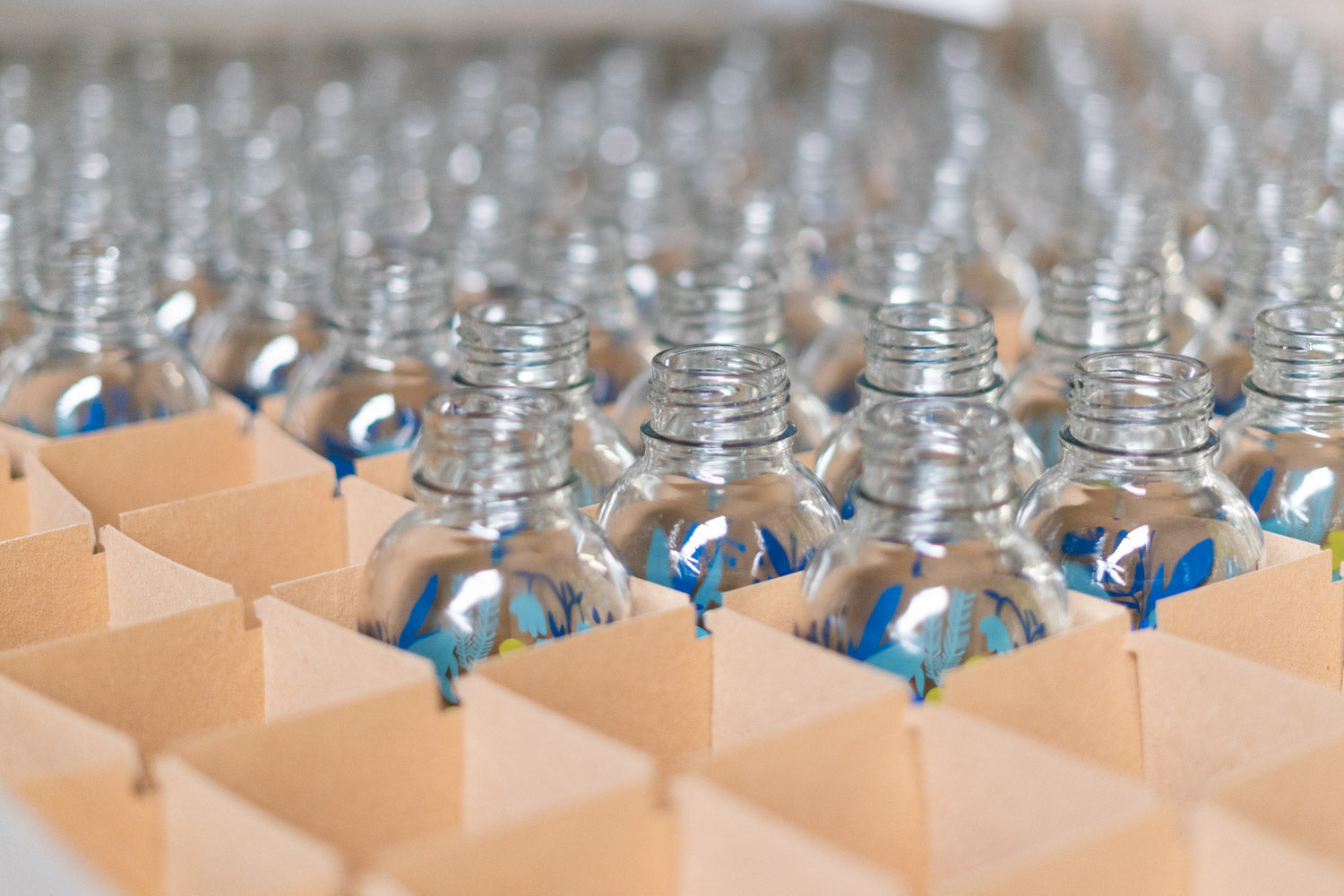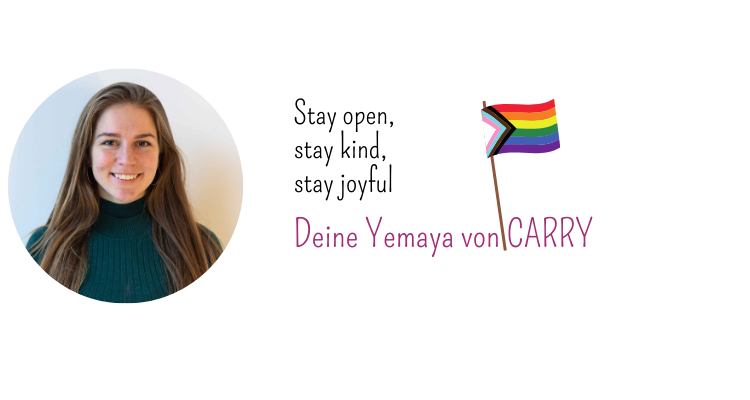Towards fairer supply chains!
In a world where products often travel from one end of the globe to the other, the question of sustainable supply chains is becoming increasingly important. Short delivery routes and a transparent production chain are not only ecologically beneficial, but also contribute to the protection of human rights and the environment.
A first step in this direction was the German Supply Chain Due Diligence Act (LksG)!
Since its introduction in 2023, companies in Germany have been obliged to ensure compliance with human rights and environmental protection standards along their supply chains.
The LksG stipulates that companies with more than 3,000 employees in Germany have been obliged to fulfil due diligence obligations since 2023, and since 2024 also companies with at least 1,000 employees, regardless of their business form. These obligations include the analysis and assessment of human rights and environmental risks along the supply chain. The companies are graded according to their actual influence and are obliged to carry out an appropriate risk assessment and to implement measures to minimise risks.
The current LksG focuses on direct suppliers, although companies are also required to look deeper if they have substantial knowledge of risks in other parts of their supply chain. The law also provides for the establishment of complaints procedures to report potential violations of due diligence obligations. The Federal Office for Economic Affairs and Export Control (BAFA) is responsible for monitoring and enforcing the law, and can impose sanctions in the event of non-compliance.
That sounds pretty good. But there is still a lot of room for improvement!
The EU Supply Chain Directive (CSDDD) was to represent another major step. Negotiators from the EU Parliament and the Member States had already negotiated a preliminary draft of the CSDDD in trilogue negotiations in December 2023. After much back and forth, especially on the part of the German government, a sufficient majority for the CSDDD was not achieved in the Council of the European Union. The Belgian Council Presidency then presented a watered-down version of the directive, which has now been adopted. The approval of the European Parliament is still pending.
This led to great disappointment in the sustainability scene and also among us. The compromise that has now been reached contains some weakenings compared to the previous draft. In particular, the scope of application has been significantly restricted. Only companies with more than 1,000 employees and a net turnover of at least 450 million euros worldwide are now covered by the directive. This also applies to non-EU companies with a corresponding turnover in the EU. In addition, companies that are the parent company of a group that reaches the above-mentioned thresholds are also covered. However, an exemption is also possible under certain conditions.

In contrast to the German Supply Chain Due Diligence Act, the CSDDD no longer focuses purely on the upstream supply chain, but on the entire chain of activities of companies. The implementation of the directive is staggered according to the size and type of companies affected. In addition, companies must draw up a climate plan that contributes to achieving climate neutrality by 2050. Fines are provided for violations of the directive. In addition, the agreement provides for civil liability of companies, but under certain conditions.
Despite the weakening, the CSDDD represents an important step towards creating fair and sustainable supply chains in the EU. The directive is expected to encourage companies to rethink their business practices and contribute to a fairer and more environmentally friendly economy.
Our supply chain! Made in Germany!
Even though we are still a long way from having to comply with supply chain guidelines, we have placed a high focus on communicating transparently with our suppliers since our founding and are in close contact with them. The core of our sustainability strategy is our regional short supply chain, because this saves us a lot of emissions and enables us to ensure the highest quality standards. Our production is in Hehlen, a small town in southern Lower Saxony. Only about 40 km away in Holzminden is the glassworks where our glass blanks are made from recycled waste glass. Once they arrive at our company, we check the quality of the blanks and print them using an energy-saving printing process in which organic printing inks are cured with UV light. Plastic-free packaging, avoiding waste and solar power from our own roof are a matter of course for us. 🤗

